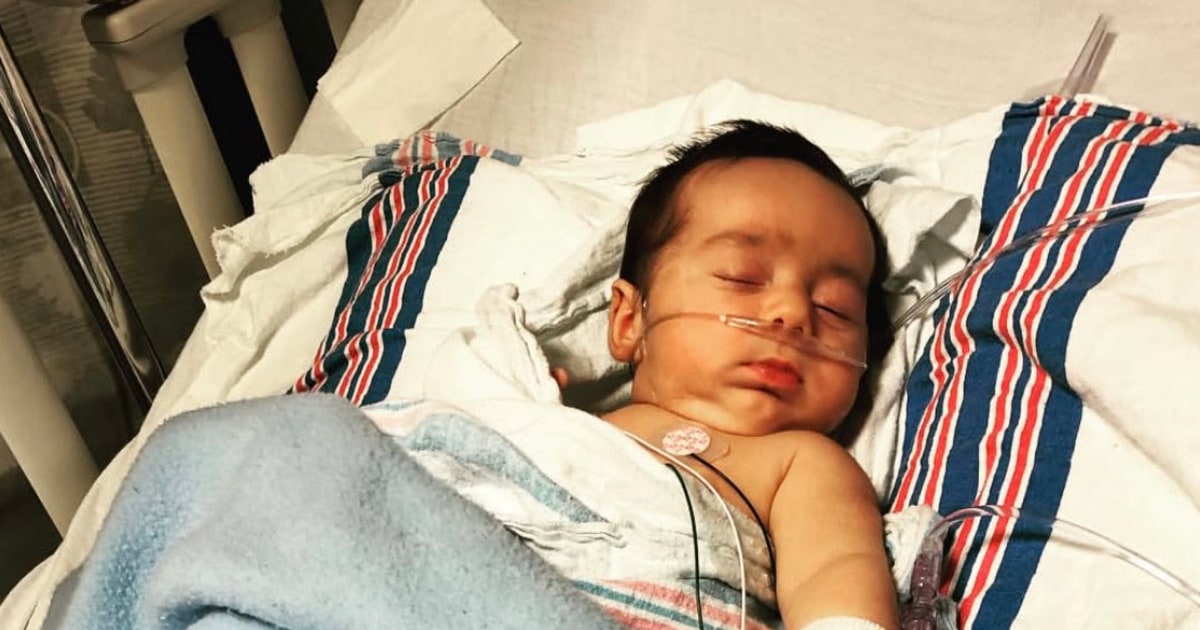Navigating Parental Anxiety: The Measles Vaccine Dilemma for Young Families
As the risk of measles resurfaces, parents of unvaccinated toddlers are grappling with heightened anxiety and uncertainty. The re-emergence of this highly contagious disease has sparked intense discussions among families, particularly those who are hesitant or have chosen not to vaccinate their children. In this article, we explore the concerns that these parents face, the implications for public health, and strategies for navigating this challenging situation.
The Current Landscape of Measles
Measles, a viral infection that can lead to severe complications, has seen a resurgence in various parts of the world. According to the World Health Organization (WHO), global measles cases have increased significantly in recent years, raising alarms about vaccine coverage and public health strategies. This resurgence is largely attributed to a decline in vaccination rates, with some regions experiencing outbreaks that can affect unvaccinated children particularly hard.
Many parents are understandably anxious about the implications for their toddlers, especially as measles is known for its potential to cause serious health issues, including pneumonia, brain swelling, and even death. The dilemma faced by these families often stems from conflicting information and the emotional weight of making choices that impact their children’s health.
Understanding Parental Concerns
Parental anxiety surrounding the measles vaccine is multifaceted. Here are some of the most common concerns:
- Safety of Vaccines: Many parents worry about the safety of vaccines, fueled by misinformation and anecdotal reports linking vaccines to various health issues. Despite extensive research proving the safety and efficacy of the measles vaccine, fear persists.
- Trust in Medical Authorities: A growing distrust in pharmaceutical companies and health organizations can lead parents to question the motivations behind vaccination campaigns.
- Fear of Side Effects: The fear of potential side effects, despite being rare and often mild, can deter parents from vaccinating their children.
- Social Pressure: In communities where vaccine skepticism is prevalent, parents may feel isolated or pressured to conform to the prevailing attitudes, creating additional stress.
These concerns are compounded by the emotional stakes involved in parenting. The desire to protect one’s child can lead to paralysis in decision-making, leaving parents caught between wanting to do what’s best for their child and fearing the potential consequences of vaccination.
The Public Health Perspective
From a public health standpoint, the implications of declining vaccination rates are significant. Herd immunity, which protects those who cannot be vaccinated due to medical conditions, is compromised when vaccination rates fall below a certain threshold. For measles, this threshold is approximately 95% coverage. When vaccination rates dip below this level, outbreaks become more likely, putting entire communities at risk.
Health authorities emphasize the importance of vaccination for the broader population. Each unvaccinated child not only increases their own risk of contracting measles but also poses a risk to others, including infants and individuals with compromised immune systems. Public health campaigns aim to educate parents about the benefits of vaccination, not just for individual protection but for community health as a whole.
Navigating the Dilemma
For parents struggling with the decision to vaccinate their toddlers against measles, there are several strategies to consider:
- Seek Evidence-Based Information: Parents should turn to reliable sources for information about vaccines, such as the Centers for Disease Control and Prevention (CDC) and the WHO. Engaging with healthcare providers who can provide evidence-based answers to questions can also help alleviate fears.
- Discuss Concerns with Healthcare Professionals: Open conversations with pediatricians can help address specific concerns. Many healthcare providers are trained to discuss vaccine-related anxieties and can offer reassurance based on medical evidence.
- Join Support Groups: Connecting with other parents who face similar dilemmas can provide a sense of community and support. Many online forums and local groups exist where parents can share experiences and advice.
- Stay Informed About Outbreaks: Being aware of local measles outbreaks can help underscore the importance of vaccination. Understanding the current risk levels in one’s community can influence decision-making.
The Path Forward
While the anxiety surrounding the measles vaccine is real and valid, it’s essential to approach these concerns with a balanced perspective. Vaccination is a powerful tool in preventing disease and protecting vulnerable populations. As parents navigate their feelings of uncertainty, they can take proactive steps to ensure they make informed decisions for their children’s health.
Communities also play a vital role in supporting families. Schools, local health departments, and community organizations can provide resources, workshops, and informational sessions to help parents feel more confident in their choices. Additionally, fostering open dialogues about vaccination can help reduce stigma and misinformation.
Conclusion
In summary, navigating parental anxiety regarding the measles vaccine is a journey fraught with emotion, information overload, and societal pressure. However, by seeking reliable information, engaging in open conversations, and supporting one another, parents can make informed decisions that prioritize their children’s health and contribute to the well-being of their communities. The measles vaccine dilemma is not just a personal decision; it’s a community responsibility, and together, we can work towards a healthier future for our children.
See more WebMD Network



